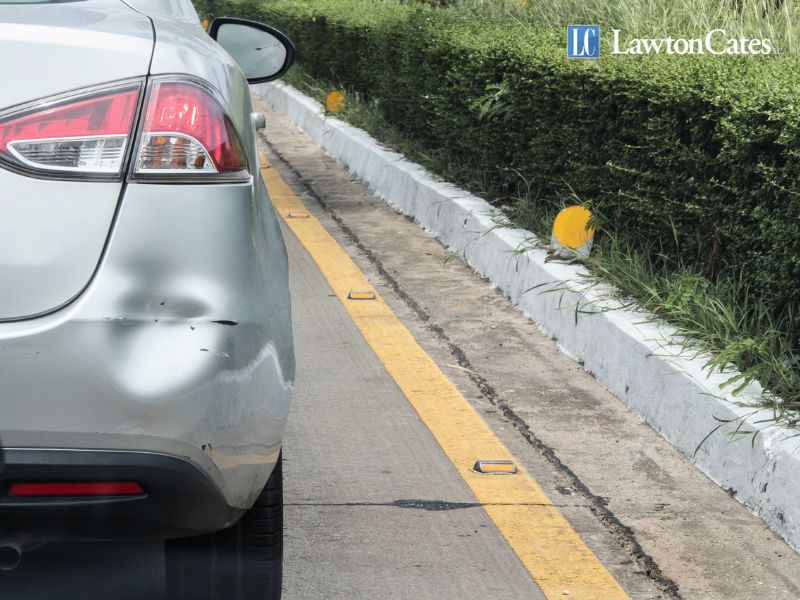Blog

When you get hurt in a Wisconsin car accident, the typical first steps are to exchange information with the other driver and then file a personal injury claim with their insurance company. But that isn’t possible if the at-fault driver leaves without stopping. So, what can you do after a driver flees the scene? Injured […]

The financial expenses related to a car accident can be devastating. From extensive vehicle repairs and sky-high medical bills to time out of work, even a relatively minor crash can significantly disrupt your life. Beyond the obvious expenses are the hidden costs of car accidents, adding unexpected challenges to an already stressful situation. If you […]

General Motors recently announced that it’s recalling over half a million vehicles under its Cadillac, Chevrolet, and GMC brands due to engine safety issues. Anyone who receives a notice related to the GM vehicle recalls should take their car to a dealer as soon as possible. If you’ve recently noticed issues with your GM car […]

A bankruptcy judge in the Eastern District of Wisconsin’s federal court ruled this week that a tenant was entitled to a jury trial on her claims that her landlord discriminated against her and caused her emotional distress. The tenant filed a federal lawsuit alleging that the landlord had violated Wisconsin housing laws by trying to […]

Medical records in personal injury cases are the foundation of a solid claim. You need strong evidence to support a claim for compensation, and your medical records can verify the existence of an injury and its connection to the accident that hurt you. You can’t win a personal injury case without compelling evidence, and medical […]

A spinal cord injury can cause debilitating physical and emotional injuries that can affect a person long after an initial accident. Many survivors need long-term care as a result of their injuries, but worry about how they will afford it. In Wisconsin, individuals can seek compensation for future expenses to help ease the financial burden […]

The success of every personal injury case depends on the strength of the evidence. If you’ve been hurt, evidence like photos, medical records, and witness testimony must support the claim that another person’s irresponsible actions caused you harm. The stronger the proof, the harder it will be for insurance companies or defense lawyers to twist […]

A serious fracture can upend your life in an instant. A normal day soon turns into doctor visits, mobility issues, and a potentially lengthy period off work. The experienced personal injury attorneys at LawtonCates have fought for the rights of accident victims throughout South Central Wisconsin since 1958. If you suffered a broken bone because […]

Wisconsin employees who perform physical labor frequently suffer knee injuries, particularly if they lift heavy objects or kneel while working. The repetitive strain from these activities can injure the knees or tear soft tissues like ligaments and tendons. Knee replacement surgery may be necessary if the injury cannot be repaired with less invasive treatments or […]

Did you recently suffer a workplace knee injury in Wisconsin? If so, you could be entitled to worker’s compensation. However, the worker’s compensation process can be fraught with obstacles. A simple mistake could lead to a claim delay or denial, leaving you without critical benefits to provide medical and financial support. Understanding your rights to […]
